Trust
Trust is a double-edged sword, capable of both empowering and constraining us. It's the bedrock of cooperation, allowing us to pool resources and achieve collective goals. Yet blind trust can lead to exploitation and stagnation. The key lies in developing a nuanced approach to trust, one that balances openness with critical thinking. This skill becomes increasingly valuable in a world where information and relationships are often mediated through screens and algorithms.
In our personal growth, trust plays a pivotal role. Trusting ourselves - our instincts, abilities, and resilience - forms the foundation of self-confidence and risk-taking. However, this self-trust must be tempered with humility and a willingness to learn from others. Similarly, trusting others opens us to new perspectives and opportunities, but requires discernment to avoid being taken advantage of. The dance between trust and skepticism is a lifelong learning process, constantly refined through experience and reflection.
The ripple effects of trust extend far beyond individual relationships. Societies with high levels of generalized trust tend to be more innovative, economically prosperous, and politically stable. Yet building this kind of broad-based trust is a complex challenge, especially in diverse and rapidly changing environments. As individuals, we contribute to this larger fabric through our daily interactions and choices. By consciously cultivating trustworthiness and extending trust judiciously, we not only enrich our own lives but also contribute to a more cohesive and resilient social ecosystem. The challenge lies in maintaining this mindful approach to trust amidst the noise and pressures of modern life.
